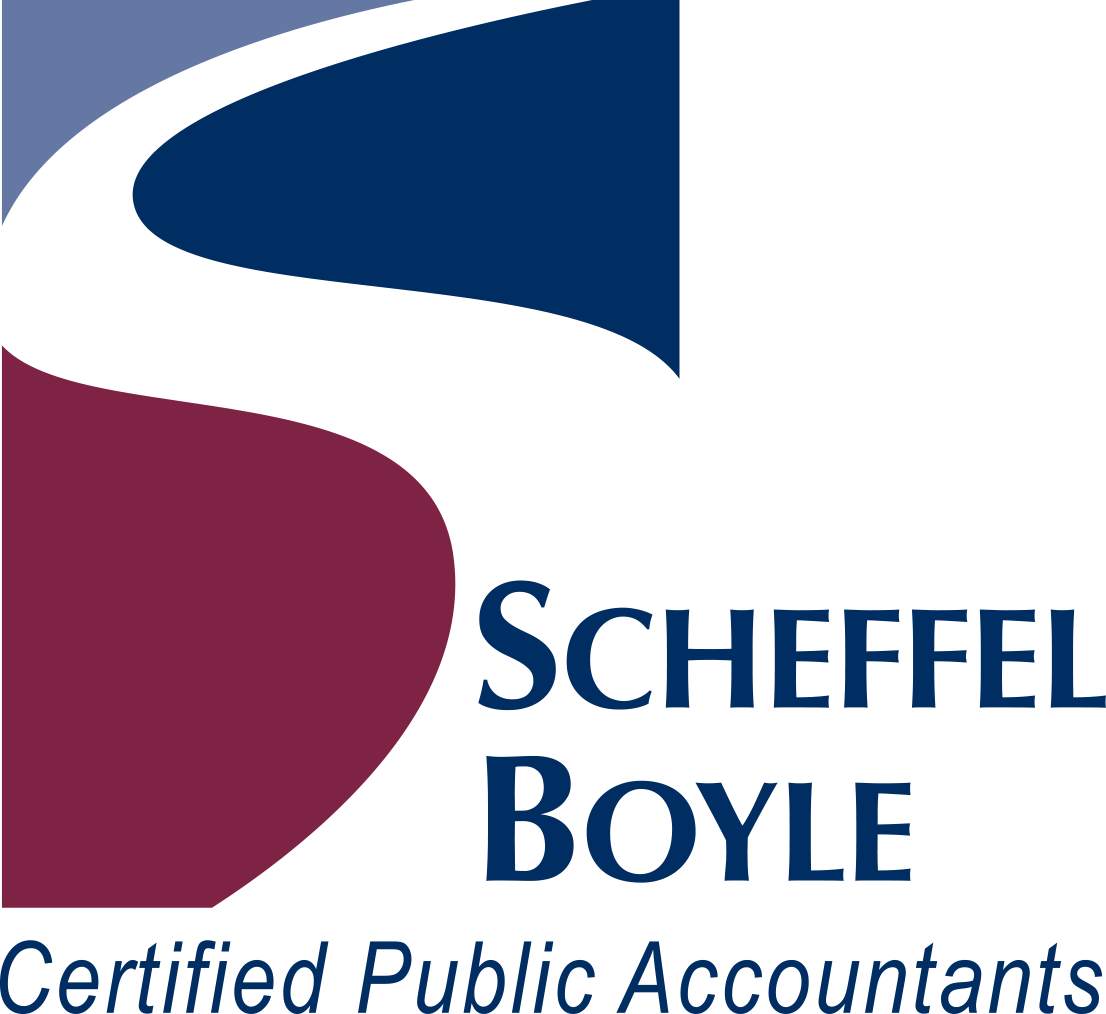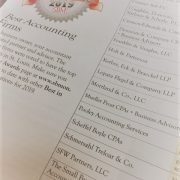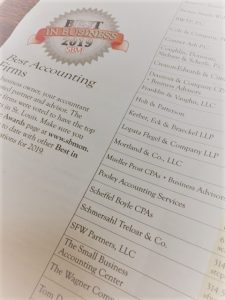For tax years beginning in 2018 and beyond, the Tax Cuts and Jobs Act (TCJA) created a flat 21% federal income tax rate for C corporations. Under prior law, C corporations were taxed at rates as high as 35%.
Meanwhile, the TCJA also reduced individual income tax rates, which apply to sole proprietorships and owners of pass-through entities, including partnerships, S corporations, and, typically, limited liability companies (LLCs). The top rate, however, dropped only slightly, from 39.6% to 37%.
What does all of this mean for business owners? Among other things, it means now might be a good time to reconsider your company’s entity choice — if not this year, then perhaps for the 2020 tax year. On the surface, switching to (or staying) a C corporation may seem like a no-brainer. But there are many other considerations involved.
Conventional Wisdom
Under prior tax law, conventional wisdom was that most small businesses should be set up as sole proprietorships or pass-through entities to avoid the double taxation of C corporations. A C corporation pays entity-level income tax and then shareholders pay tax on dividends — and on capital gains when they sell the stock. For pass-through entities, there’s no federal income tax at the entity level.
Although C corporations are still potentially subject to double taxation under the TCJA, their new 21% tax rate helps make up for it. This issue is further complicated, however, by another provision of the TCJA that allows noncorporate owners of pass-through entities to take a deduction equal to as much as 20% of qualified business income (QBI), subject to various limits. But, unless Congress extends it, the break is available only for tax years beginning in 2018 through 2025.
Scenarios to Ponder
There’s no one-size-fits-all answer when deciding how to structure a business. The best choice depends on your company’s distinctive circumstances, as well as your financial situation and objectives as owner.
For instance, if your business consistently generates tax losses, there’s no advantage to operating as a C corporation. Losses from C corporations can’t be deducted by their owners. So, converting to a pass-through entity may make sense because, as their name indicates, these business structures allow losses to pass through to the owners’ personal tax returns.
Another example involves companies that distribute profits to owners. For a profitable business that does so, operating as a pass-through entity generally will be better if significant QBI deductions are available. If not, the pass through entity benefit is diminished, but there is still a slight tax advantage to continuing to be a pass through entity.
Many Considerations
These are only a few of the issues to consider when rethinking your company’s business structure. We can help you evaluate your options.
Sidebar: Is your company focused on growth?
Some companies — particularly start-ups and those in “hot” industries — may turn a profit but hold on to those bottom-line dollars to fund future growth. For these businesses, operating as a C corporation generally is advantageous if the corporation is a qualified small business (QSB).
Why? A 100% gain exclusion may be available for QSB stock sale gains. If QSB status is unavailable, operating as a C corporation could still be preferred — unless significant qualified business income deductions would be available at the owner level. (For more on this exclusion, contact us.)






